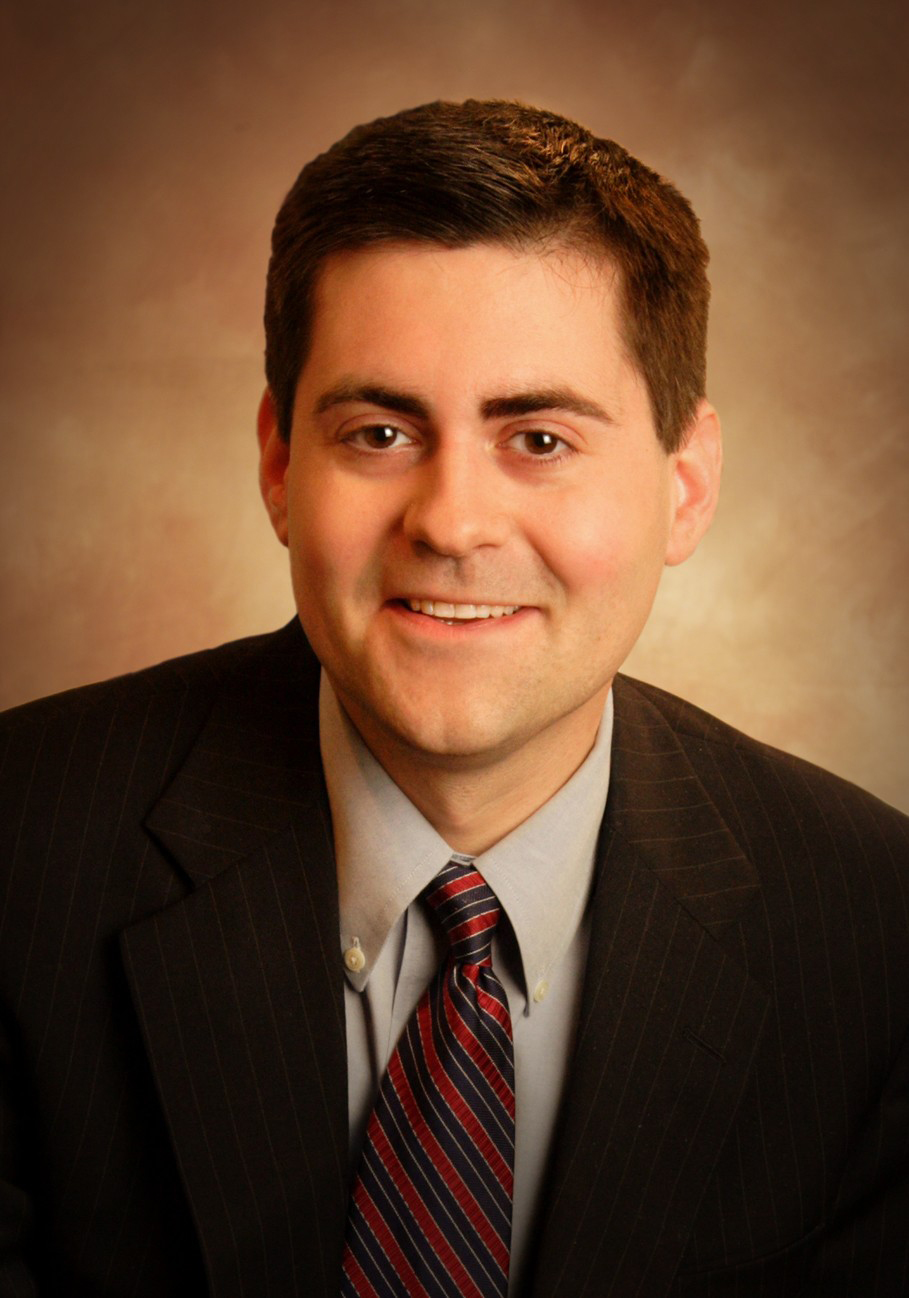
LOUISVILLE, Ky. (BP)–For years former President Jimmy Carter has sought to mobilize moderate and liberal Baptists toward an alternative to Southern Baptist conservatism. It’s easy to see why Cooperative Baptist Fellowship (CBF) Baptists would want to be aligned with President Carter. He’s a man of integrity who served with dignity in the White House, and he’s someone who seems genuinely committed to following Jesus.
It’s not news then that President Carter is at the center of yet another attempt at fostering “Baptist unity,” a “Celebration of a New Baptist Covenant” for various representatives of the Baptist left. But Bill Clinton? According to recent news reports, the unity convocation is sponsored by not one but two former United States presidents, and the other one’s from Arkansas.
Do the Baptist liberals really want to go in this direction? Do they really wish to pick up Clinton’s language of a “new covenant with the American people,” from his 1992 Democratic convention nomination acceptance speech, language that was deemed by many Christians to be insulting and later abandoned by the Clinton-Gore campaign? After all, Baptists already have a “new covenant,” one that the prophet Jeremiah tells us will be in place as long as the “fixed order” of the sun, moon, stars, and sea (Jeremiah 31:35-36). Climate change might well be real, but the truth isn’t that inconvenient … even for former Vice President Al Gore, also a Baptist.
The unity of which news reports speak is a unity based on social action and ethical engagement. Even apart from questions of personal ethics and about the long-ago debates over alleged high crimes and misdemeanors, what about the official social agenda of the former president? This is, after all, a man who vetoed legislation protecting unborn infants from partial-birth abortion, and then blamed his abortion-rights ideology on what he says he learned from his former pastor at a Little Rock Southern Baptist congregation.
President Clinton is also a man who sees the faith in very different terms from the vast majority of Baptists around the world. Note, for instance, Clinton’s testimony in his autobiography, “My Life,” about a visit to Haiti where he saw a frenzied, spirit-possessed voodoo priestess bite the head off a live chicken before “the spirits left and those who had been possessed fell to the ground.” Clinton wrote:
“I describe my brief foray into the world of voodoo because I’ve always been fascinated by the way different cultures try to make sense of life, nature, and the virtually universal belief that there is a nonphysical spirit force at work in the world that existed before humanity and will be here when we all are long gone. Haitians’ understanding of how God is manifest in our lives is very different from that of most Christians, Jews, or Muslims, but their documented experiences certainly prove the old adage that the Lord works in mysterious ways.”
Really? A cultic voodoo ritual is the work of the Lord? And this is the kind of religious discernment we seek to bring about Baptist unity?
Come to think of it, President Clinton’s involvement might be just what the Baptist left needs. After all, for years they’ve been trying to convince Baptist churches that they represent “traditional Baptist” beliefs despite being led by men such as former Mercer University president Kirby Godsey who deny the fundamental tenets of the faith. They’ve been a lot of things, but never slick. Perhaps they needed all along someone to teach them how to triangulate more skillfully. Is Jesus the only way to the Father? Is an unborn fetus a baby worthy of protection? It depends on what the meaning of the word “is” is.
The spirits work in not-so-mysterious ways, you know.
–30–
Russell D. Moore is dean of the school of theology and senior vice president for academic administration at Southern Baptist Theological Seminary in Louisville, Ky. Adapted from a column first posted at www.henryinstitute.org.
















